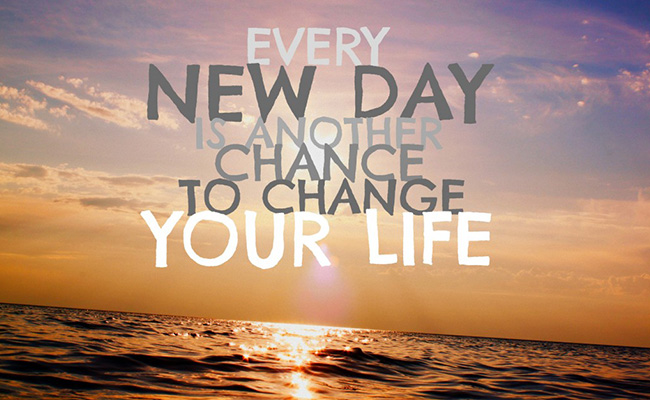Prescription Drugs and Addiction – By now, most of us have learned about the rampant addiction problem associated with heroin and methamphetamine. The problem in general, the overdoses, and the heartbreaking stories of young people whose lives have been destroyed by these drugs are all over the evening news in most parts of the world. We tend to hear less about the dangers of prescription drugs.
It is common practice for people to be prescribed powerful pain medications for everything from sports injuries to post-operative pain. The people who take these drugs are following doctor’s orders and following prescription guidelines. The problem lies in the fact that many of these drugs are highly addictive. Once an individual tries to stop using the drugs, they begin to experience withdrawal symptoms without knowing that this is what is happening to them. The take more of the medication, and the addiction cycle is in full bloom.
For some, this perfectly innocent and accidental addiction becomes a path to heroin. Prescription opioids are difficult to obtain without a prescription and they are expensive. The logical leap to a cheap and readily available street drug in the form of heroin is a small step to feed a growing addiction.
Recent studies in Australia revealed that there were more than 1800 overdose deaths from prescription drugs in 2016. This is more than the number of heroin overdoses at the height of Australia’s heroin problem in 1999. A recent report stated that more people are dying from prescription drugs in Australia than from illegal drugs.
Experts are particularly worried about the elderly since they often find themselves isolated. They are therefore more prone to fall into addiction and to suffer with addiction without any recourse. They are unaware of what is happening to them, and there is often no one around to intervene in the problem.
Another complication in this is that for some people, the addiction can go on for years without them being fully aware of it. People report taking prescribed oxycodone for as long as eight years and even admit that they cannot function without it. Yet they remain unaware of the fact that this inability to function without the drug is in fact an addiction. This is intrinsic problem with prescription medications.
We all have that element of trust and faith in the judgment of a doctor. We simply trust that we are being treated correctly and safely. If prescribed a drug, especially if we are living with chronic pain in which relief may be all we can think about, we simply take the drug. We expect that if we take the drug as prescribed, we will be fine. The problem is that so many of these drugs are dangerously addictive.
Oxycodone, for example, operates on the central nervous system in exactly the same way as heroin and morphine. It attaches to neurotransmitters and helps to block pain, and basically all feeling, in order to perform the prescribed task. As we use the drug, our bodies begin to require the drug in the same way as heroin.
CLICK HERE to get a Free Confidential Addiction Rehabilitation Assessment.














